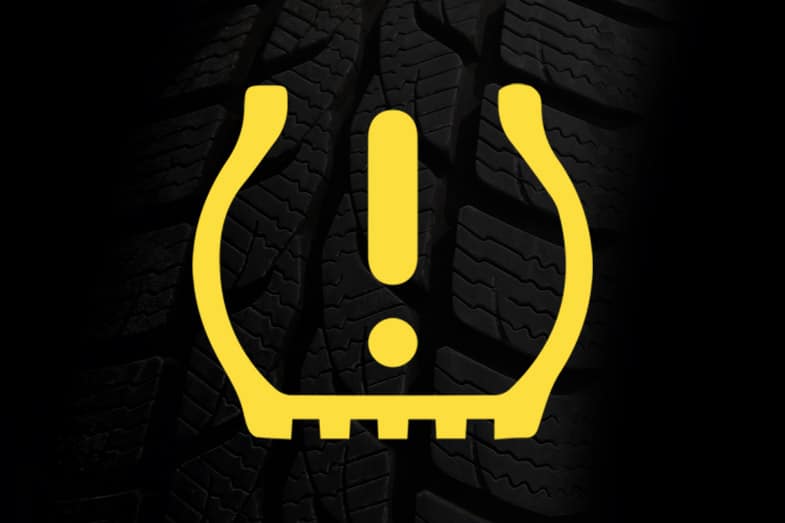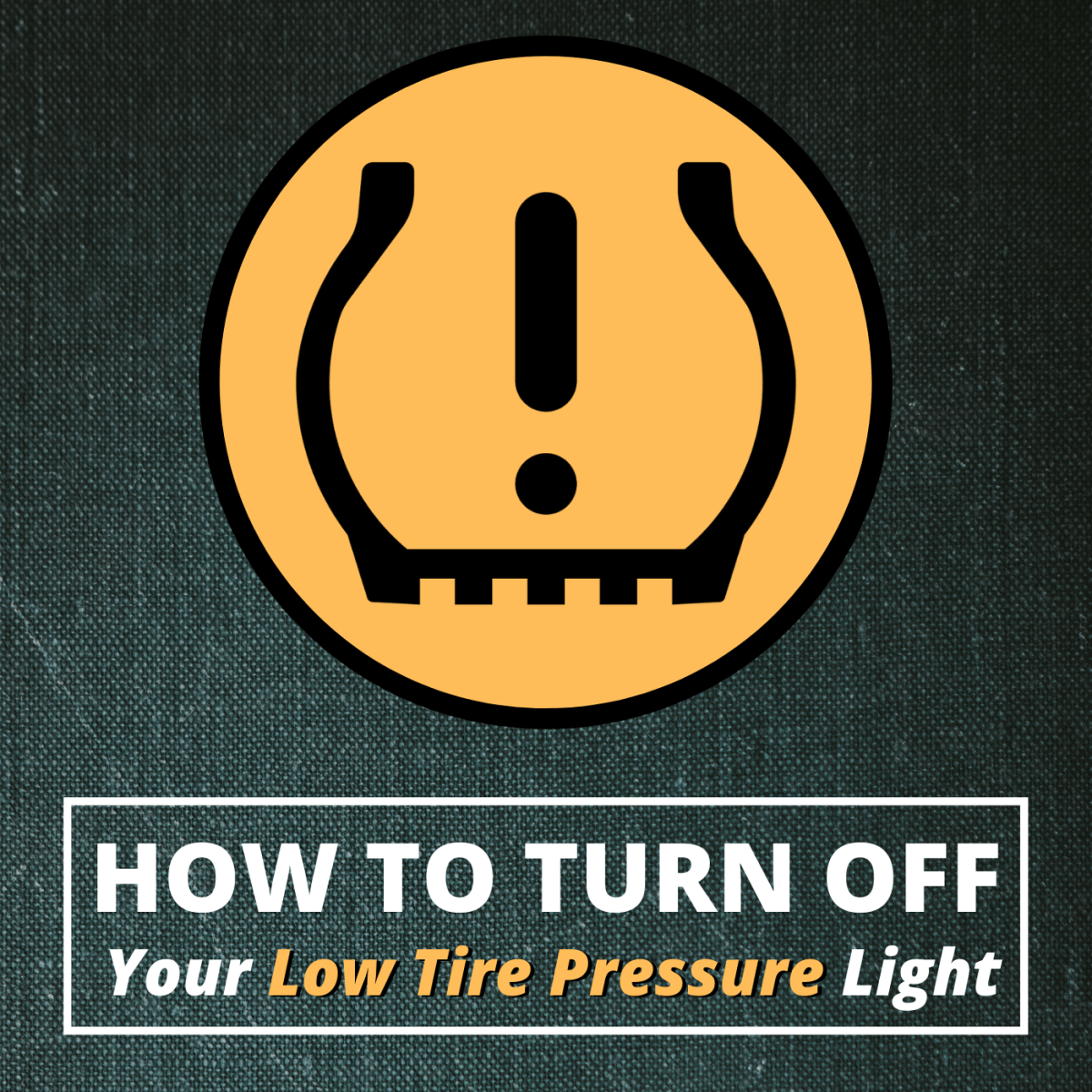Toyota RAV4 Tire Pressure Light Flashing? Here's What to Do

That annoying little flashing light on your Toyota RAV4's dashboard – the one shaped like a horseshoe with an exclamation point – can be a real head-scratcher. It's the Tire Pressure Monitoring System (TPMS) light, and if it's flashing, it's trying to tell you something important about your tires. Ignoring it could lead to decreased fuel efficiency, uneven tire wear, and even a dangerous blowout.
So, why is your Toyota RAV4's tire pressure warning light flashing? The most common reason is low tire pressure in one or more tires. However, a flashing light, unlike a steadily illuminated one, often indicates a problem with the TPMS itself, such as a faulty sensor or a weak battery within a sensor. This guide will help you understand what a flashing TPMS light means, troubleshoot the issue, and get back on the road safely.
The TPMS became standard equipment in all new vehicles sold in the U.S. after 2007, thanks to the TREAD Act. This legislation aimed to reduce tire-related accidents by ensuring drivers are aware of under-inflated tires. In a Toyota RAV4, the system utilizes sensors located within each wheel to monitor tire pressure. These sensors transmit data to the vehicle's computer, which triggers the warning light if pressure drops below a predetermined threshold.
The importance of a functioning TPMS in your RAV4 can't be overstated. Properly inflated tires are crucial for optimal fuel economy, handling, and braking performance. Under-inflated tires increase rolling resistance, forcing your engine to work harder and consume more fuel. They also wear out faster and increase the risk of a blowout, especially at high speeds or under heavy loads. A flashing TPMS light, therefore, is a crucial safety feature that shouldn't be ignored.
While the TPMS is designed to enhance safety, it can sometimes malfunction. Common issues with the RAV4's TPMS include sensor damage due to road debris or during tire changes, dead sensor batteries, and interference from electronic devices. Understanding these potential problems is the first step in resolving the flashing light issue.
If your RAV4's tire pressure light is flashing, the first step is to check your tire pressures using a reliable gauge. Compare the readings to the recommended pressure listed on the sticker inside your driver's side doorjamb. If one or more tires are significantly under-inflated, inflate them to the correct pressure. After driving for a few minutes, the light should stop flashing if the low pressure was the sole issue.
Sometimes, the flashing light persists even after inflating the tires. This could point to a faulty TPMS sensor. In this case, a professional mechanic will need to diagnose the problem using a specialized tool. They can pinpoint the faulty sensor and replace it if necessary. Replacing a TPMS sensor typically involves removing the tire, replacing the sensor unit, and rebalancing the wheel.
Advantages and Disadvantages of TPMS
| Advantages | Disadvantages |
|---|---|
| Improved Safety | Sensor Malfunction |
| Better Fuel Economy | Replacement Cost |
| Extended Tire Life | False Alarms (rare) |
One real-world example involves a 2018 RAV4 owner who experienced a flashing TPMS light after rotating their tires. The issue stemmed from a damaged sensor during the tire rotation. Another case involved a 2020 RAV4 where a dead sensor battery triggered the flashing light. These examples highlight the importance of professional tire service and regular TPMS checks.
A challenge some RAV4 owners face is determining whether the flashing light indicates low tire pressure or a system malfunction. A solution is to first check the tire pressures manually. If they are correct, then a TPMS malfunction is likely.
FAQ: What does a solid TPMS light mean? A solid light typically indicates low tire pressure.
A tip for maintaining your RAV4's TPMS is to check your tire pressures regularly, especially during temperature changes.
In conclusion, a flashing tire pressure light on your Toyota RAV4 is a crucial warning sign that should never be ignored. While it can be a simple fix like adding air to your tires, it could also indicate a more serious issue with the TPMS itself. By understanding the function, importance, and potential problems associated with the TPMS, you can ensure your RAV4 operates safely and efficiently. Don't delay addressing a flashing TPMS light – take action to maintain your safety and the longevity of your tires. Remember to consult your owner's manual or a qualified mechanic for further assistance. Ignoring the TPMS warning could lead to costly repairs, decreased fuel economy, and most importantly, compromise your safety on the road. Taking proactive steps to address the flashing light will not only save you money in the long run but also provide peace of mind knowing that your RAV4 is operating at its best.
The crucial role of jet engine compressor drive shaft bearings
Navigating california state job salaries
Elevating your space unveiling the world of sherwin williams designer colors













